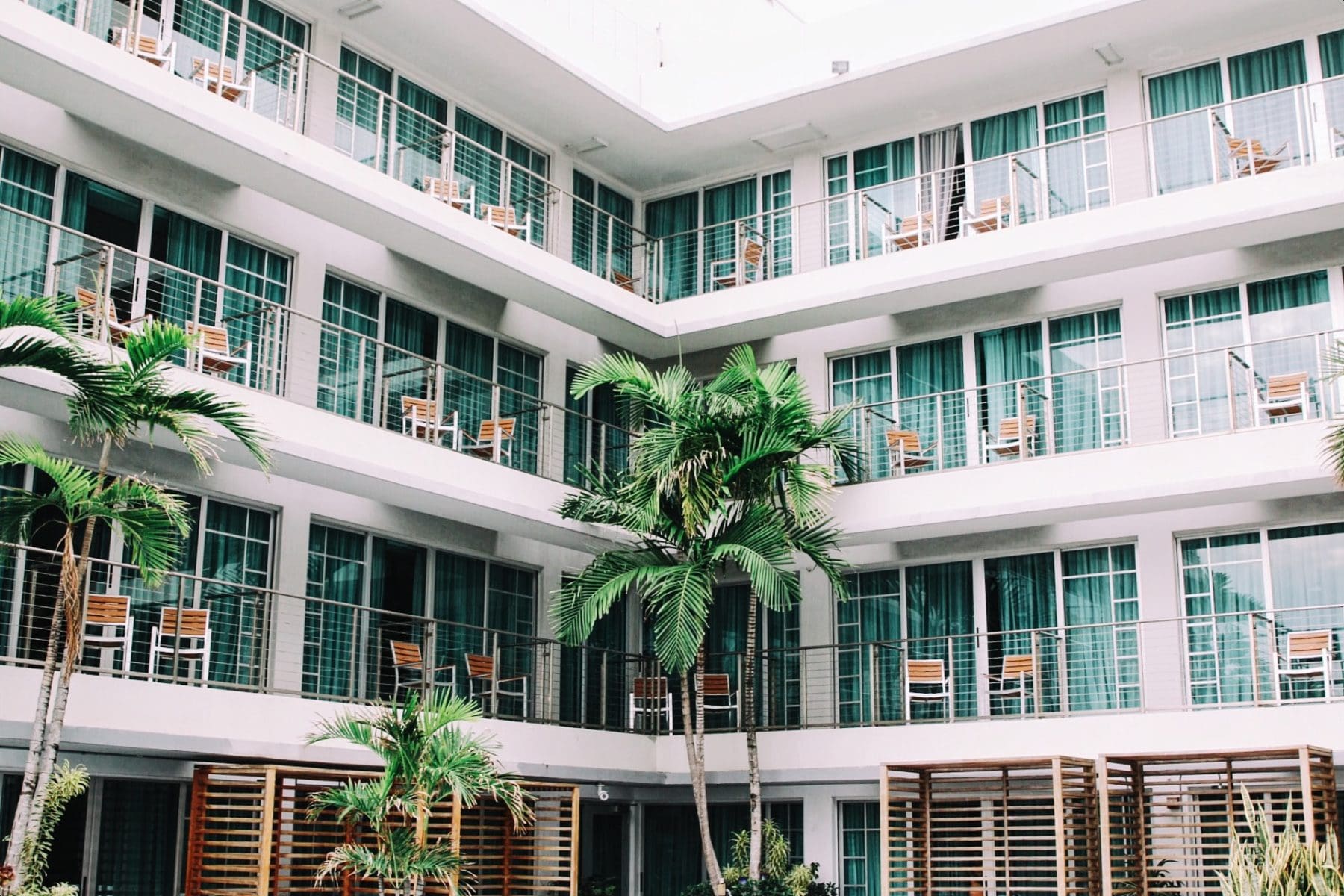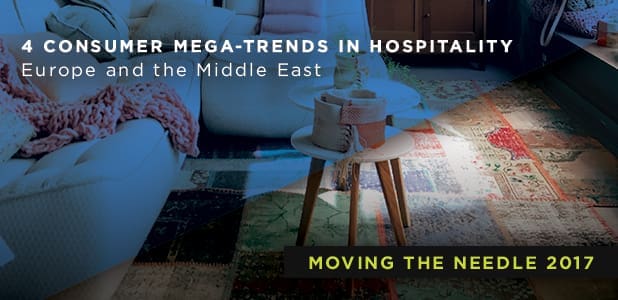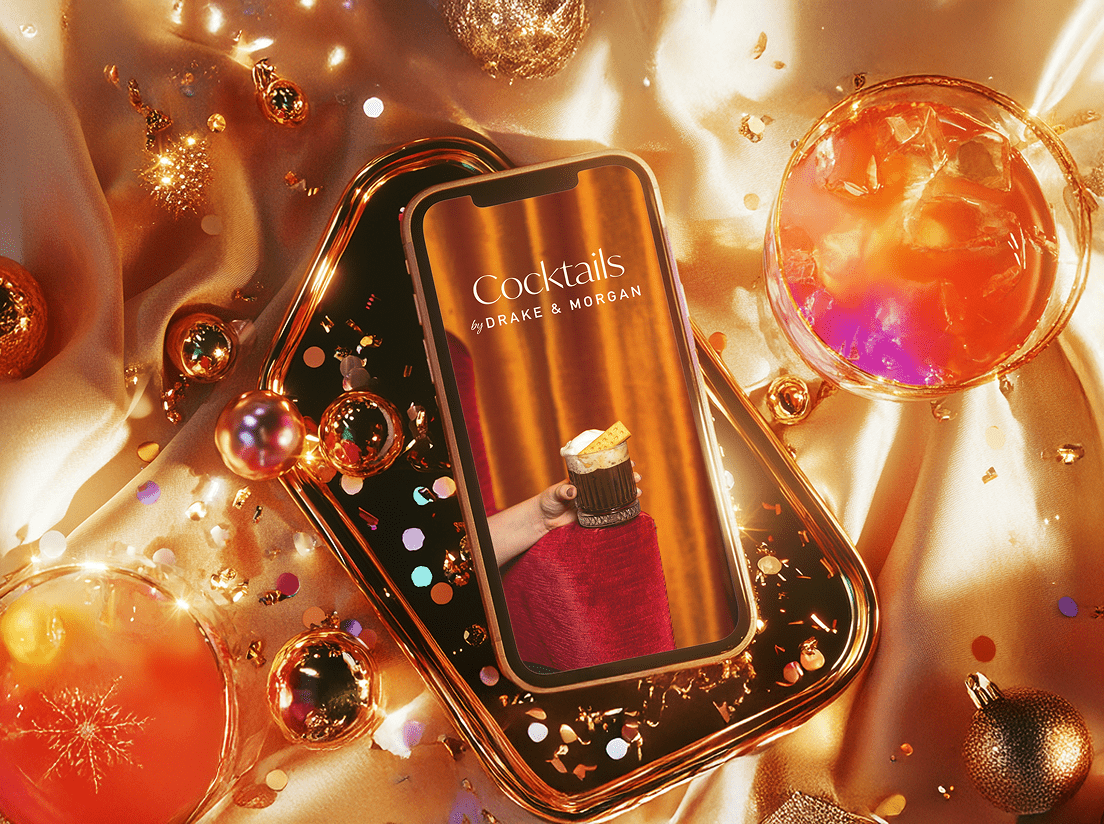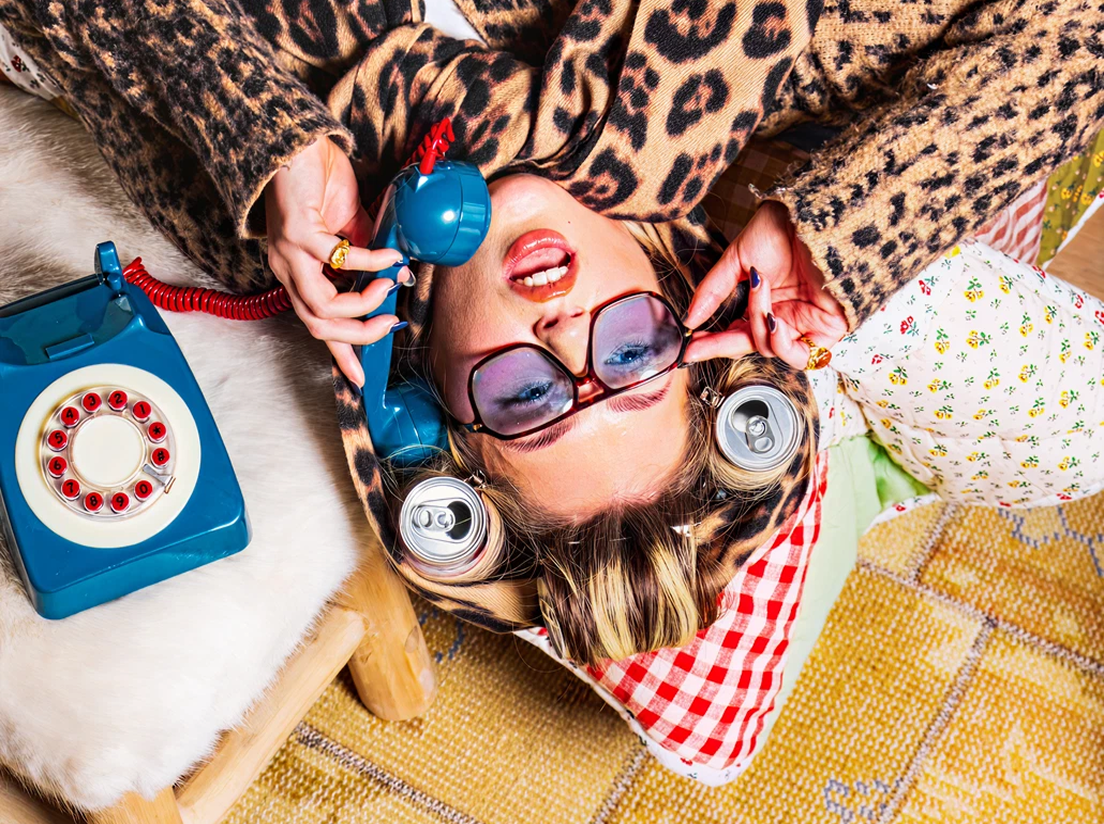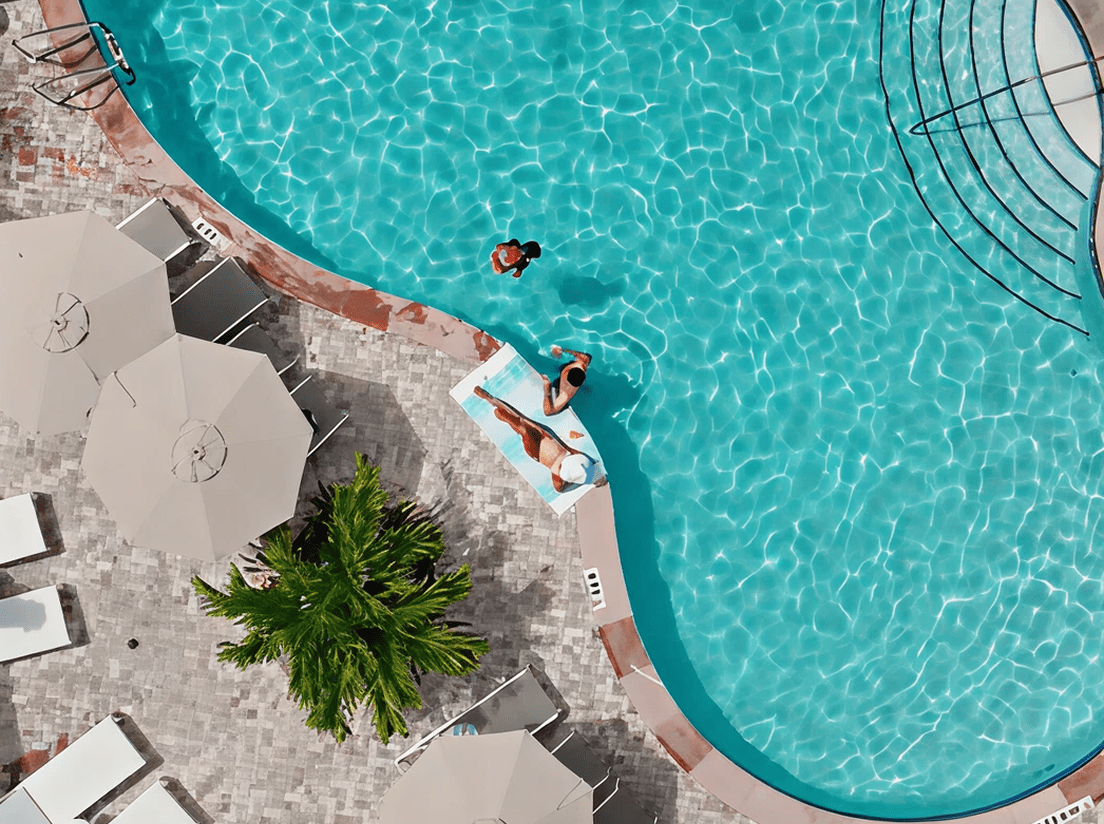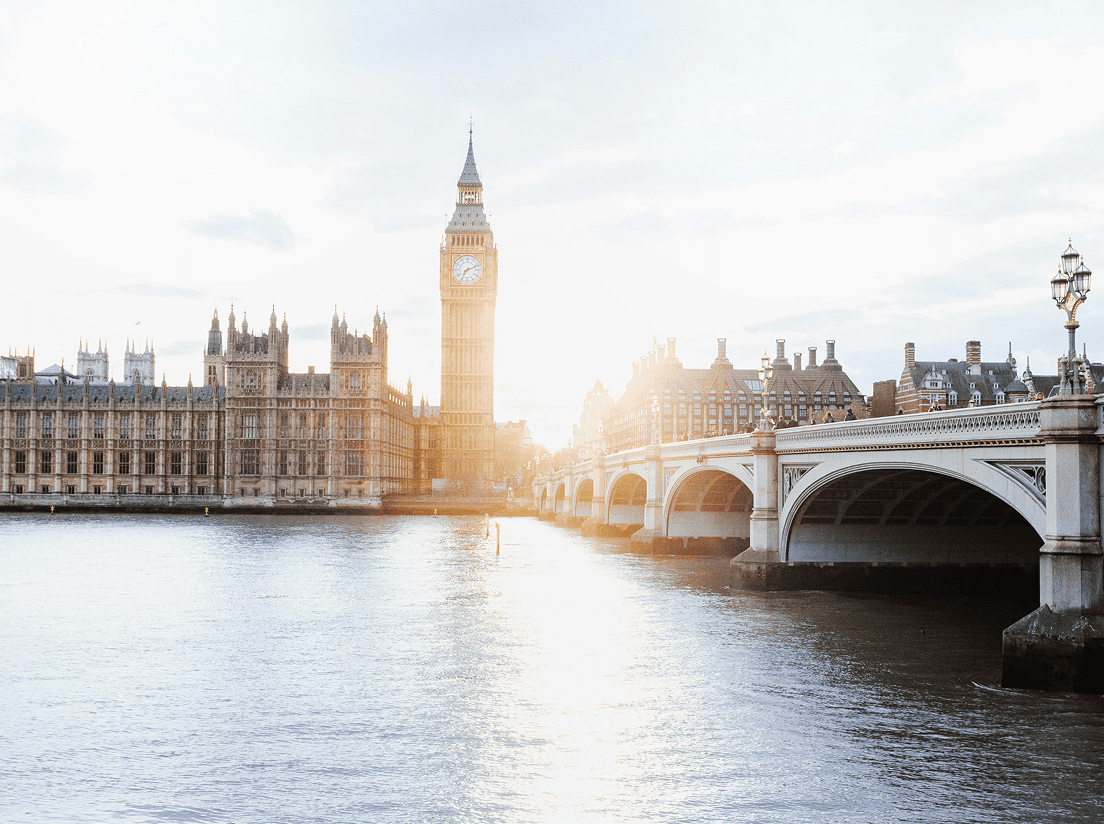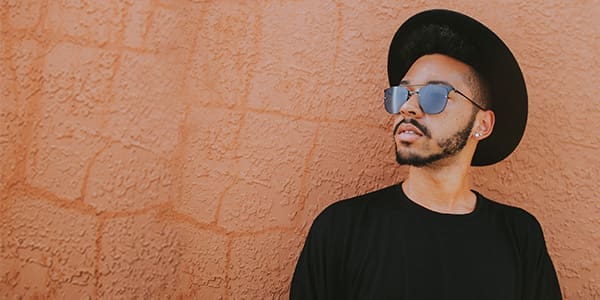
Executing a successful awareness campaign is a careful balancing act.Marketing teams need a concept that’s fresh and attention-grabbing, yet doesn’t betray the brand or cloud the message.Misguided campaigns risk confusion, or worse, backlash. Innovative ideas, however, can generate a swell of social buzz, earned media, industry recognition and – most importantly – guests.Here are five examples of hotel and tourism awareness/public relations campaigns that got it right.
Gin from the Fountain of Youth
United Kingdom hotelier Warner Leisure Hotels crafted a PR campaign that perfectly paired with the sensibility of the travelers they wished to court.
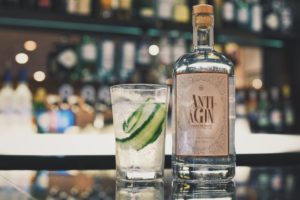
Warner’s marketing team researched the over-50 crowd in a unique way; by keeping tabs on their tabs. After reviewing in detail what the demographic drank in their own hotel bars, gin proved the prominent spirit, leading to a campaign they hoped baby boomers would appreciate; Anti-AGin, a collagen- and anti-oxidant-boosted gin blend crafted by alchemists Bompass & Parr.To spread the word on the curious new spirit (and the hotel), Warner also offered the gin to the public via DrinkSupermarket, a popular UK online liquor retailer.The campaign garnered more than a thousand mentions in the global press, reaching travelers in countries that may never have heard of Warner Leisure Hotels prior.
Hilton Humor
In 2014, Hilton wanted to drive more leisure traffic to their properties, which had long been associated primarily with business travel. They started a broad promotional campaign to associate a somewhat abstract concept with Hilton Hotels; humor.Hilton teamed up with long-running satire publication The Onion to come up with a multi-pronged strategy that would encourage people to take a break from work, visit an exotic locale, and stay at a Hilton hotel.The #Vacationitis hashtag trended on Twitter, targeting us all by making light of that feeling of when you simply can’t work anymore and need a holiday.
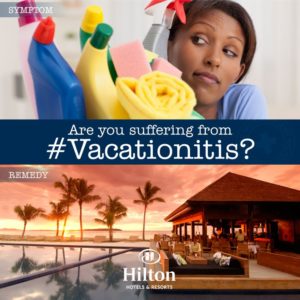
Beyond the digital realm, Hilton employed brand ambassadors to reach out to stressed business and health care staff, and encourage them to use up their vacation days.The campaign led to half a million new Facebook likes (from a previous grand total of half a million, doubling their amount in a single year), coverage in more than a hundred publications, 50,000 visits to their “Vacationitis” standalone website, and 7,000 new subscribers to the Hilton VIP newsletter.
The Hotel as the Secret Prize
Some of the best campaigns find success through partnership.The OD Talamanca, a five-star hotel in Ibiza, was the secret location at the end of the highly-promoted, 2016 #AbsolutNights campaign.A collaboration initially promoted as between Absolut Vodka and Uber, four lucky Uber users were given a private jet ride to an exclusive party in a mystery location.The much-hyped secret destination was the new OD Talamanca. By taking a backseat role in the campaign until the climax, the hotel ultimately earned a burst of sudden social media excitement upon the event’s culmination, helping to establish a luxurious reputation for the relatively new property.
Seasoned Brand, New Tech
How does Marriott, an established, internationally recognized name with some of the best brand awareness in the hospitality space, find ways to attract new guests?By aiming for younger, tech-obsessed millennials. In September, 2014, partnering with VR specialists Oculus, Marriott executed an eight-city US tour with 4-D, virtual reality resort simulation booths. Each booth allows visitors to engage in a VR simulation of different resort spaces, including an accurate representation of temperature and humidity control to fully simulate the experience.The idea was to connect the Marriott brand with all kinds of resorts and tourist hotspots. Wherever you decide to go, Marriott is there. And, as with many modern PR campaigns, it had a knowing whimsy to it that appeals to broad range of demographics.
The Hipster Wedding Package
That knowing wink is a common trait among some of the most successful awareness campaigns.The Andaz London Liverpool Street, in the hipster-friendly area of Shoreditch, created a unique “Get Shore-hitched’ wedding package that allows couples to celebrate their special day in true East London style.
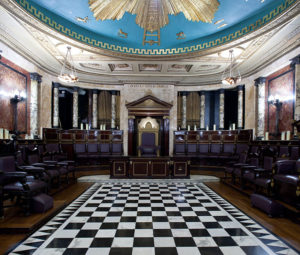
In 2017, the concept of the hipster is deeply codified and largely a reference to the recent past. As a way to promote their unique Masonic Temple secret ballroom, Shoreditch taped into all the familiar tropes of the millennial hipster; on-site street food, temporary tattoos, wedding dresses designed of recycled materials, and a list of hyper-local vendors for couples to select from.The package also includes complimentary “his” and “her” tattoos from an East London tattooist.
BONUS: The Night of the Edible Hotel
While not exactly a hospitality campaign, its novelty is worth noting.In 2013, British-based agribusiness Tate & Lyle turned a three-floor SoHo space into an “edible” hotel, covering all the expected amenities and luxuries of a high-end hotel with sweet snacks in unexpected places.

There were garlands of marshmallows, walls covered in macaroons, windowsills of edible fudge, and baths with caramel corn in lieu of water, all in service of slyly promoting a new line of sugars from Tate & Lyle.The edible hotel was a social media sensation. Visitors shared photos of the strange experience and the event swept Twitter and Instagram.The event perfectly balanced a somewhat risky idea in terms of its inherent weirdness with a whimsy that resonated and elevated Tate & Lyle’s brand awareness.Taking Risks, With a Knowing GrinThese successful campaigns have threads of wry humor in common, something that hasn’t always been embraced in the hospitality space. Today, however, even the most stoic hotel brands are leveraging humor that plays to both their baby boomer base, and new millennial travelers; straightforward puns for the former, a layer of subtle irony for the latter.For hotel teams, the takeaway is that if an idea from your marketing partners sounds strange, that doesn’t necessarily make it wrong.Take time to mull over even the most odd campaign concepts. It’s often the strangest ideas that resonate with people the most.
